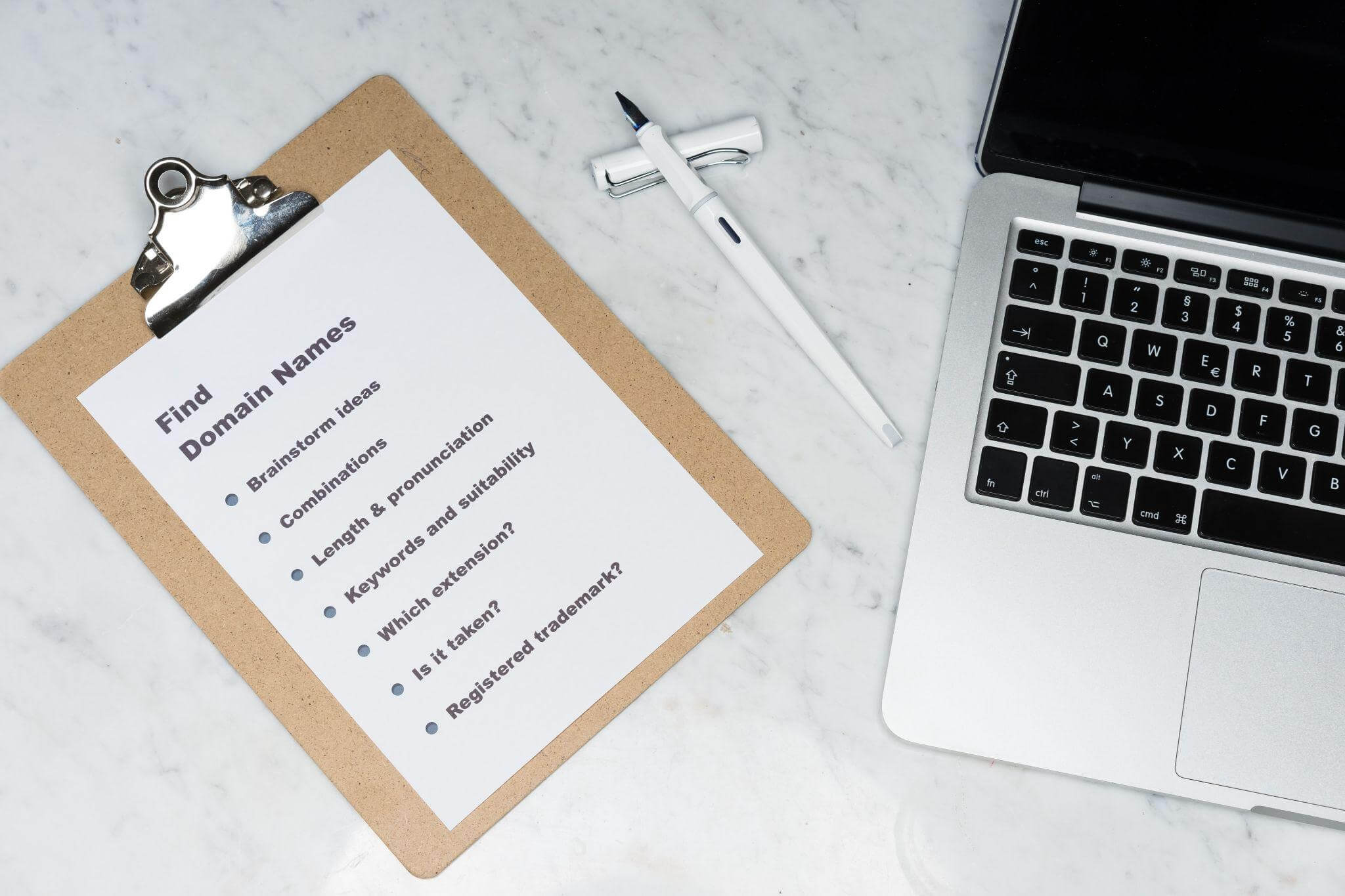Usually, the files for a site are stored locally during its development. Having a website hosted locally means that only those in the exact physical location may view it.
Once the website is ready to see the world’s light by storing and serving up its source code, media files, and other components, web hosting makes the website accessible via the Internet. In that context, you should know that one or more servers are responsible for storing each website you’ve ever visited, and you’ll have to do the same if you wish to create your first website.
Of course, there are several types of hosting you can choose from, depending on your website’s purpose and the services it will provide to its users. The primary factors in choosing are the server technology used, the extent of management, and the accessibility of additional services.
A server and the know-how to keep it running are essential for hosting a website. In this article, we will provide essential tips on how to successfully host your first website from the first to the last step.
Contents
Create The Most Suitable Type Of Website
Before you start choosing your hosting plan, you should first create the most suitable type of website for your needs. That being said, you should know that there are two main types of websites: static and dynamic.
A static website consists of one or more individual web pages (called HTML pages). You can create them locally on your computer with a simple design program and then transfer them to your host’s server with any file transfer protocol software. To update your site, make the necessary changes locally on your computer, then upload the revised files. The good thing about static websites is that they are cheaper to create than dynamic ones. However, they lack many dynamic features like eCommerce capability and user interaction and cannot be updated in real-time.
On the other hand, websites with dynamic content constantly adapt to the user’s needs by taking into account elements such as time of day, location, and other variables. To create this kind of website, you may need more profound knowledge and more refined programming skills, so you might first need to consider learning Javascript, Python, CSS, and other languages that will come in handy for creating your website.
Dynamic websites allow you to upload and change content while facilitating user participation through comments and threaded discussions. In that context, prominent companies and organizations should prioritize having a dynamic website. Blogs, message boards, photo galleries, and online stores are all features brought on by dynamic websites.
Carefully Pick And Buy Your Website’s Domain Name
After you’ve successfully created your website, it’s time to name it. A website can’t exist without it and because of this, you need to register a domain name. The website’s name will also function as its URL, making it easy to find on the “world wide web.” Getting a unique domain name involves either registering it with a reputable company or purchasing it from the current owner.
Select The Type Of Hosting According To Your Specific Needs
The simplest type of web hosting service is shared hosting. Your website will share a server with hundreds to thousands of other sites in this arrangement. Shared hosting is the most cost-effective entry point for starting a personal blog, freelance portfolio, or small business.
On the contrary, hosting your website on a virtual private server (VPS) is recommended for more experienced users and companies that can expect substantial user traction on their websites. This hosting solution is ideal if you need to install software or packages unavailable on a shared server. A great deal of discretion and security is built into these plans, and customers can access all the system resources they require.
Choose A Hosting Provider, Or Do It Yourself
Having your website accessible online is only the first aspect of the process, better known as web hosting. Services like technical support, firewalls, email addresses, domain registration, and more are also provided by hosting companies and fall under the umbrella of website hosting. Hundreds of hosting companies, from small, independent ones to large, well-known ones, are at your disposal. They range widely in cost and quality of service, but the price shouldn’t be your determining factor. Instead, think about what your website needs and any other features you might want. This will help you choose a hosting service.
Finally, hosting a website on your personal computer eliminates the need for a third party. But there are some factors to consider if you want to host your own website. For example, you’ll need to invest in a powerful server with its dedicated power supply, backup generators in case of blackouts, a dedicated IP address, and monthly server maintenance. Not to mention the technical knowledge you’ll need to possess to host your first website successfully.
Final Thoughts
Hosting a website is a way to share your ideas with the world. The process starts with creating the website, picking a unique name, and choosing the hosting specific to your needs and a hosting provider, or if you are brave enough, do it yourself.
Before you select any web hosting for your first website, we recommend you to time some time aside, explore all possibilities and make an informed decision in the end.







